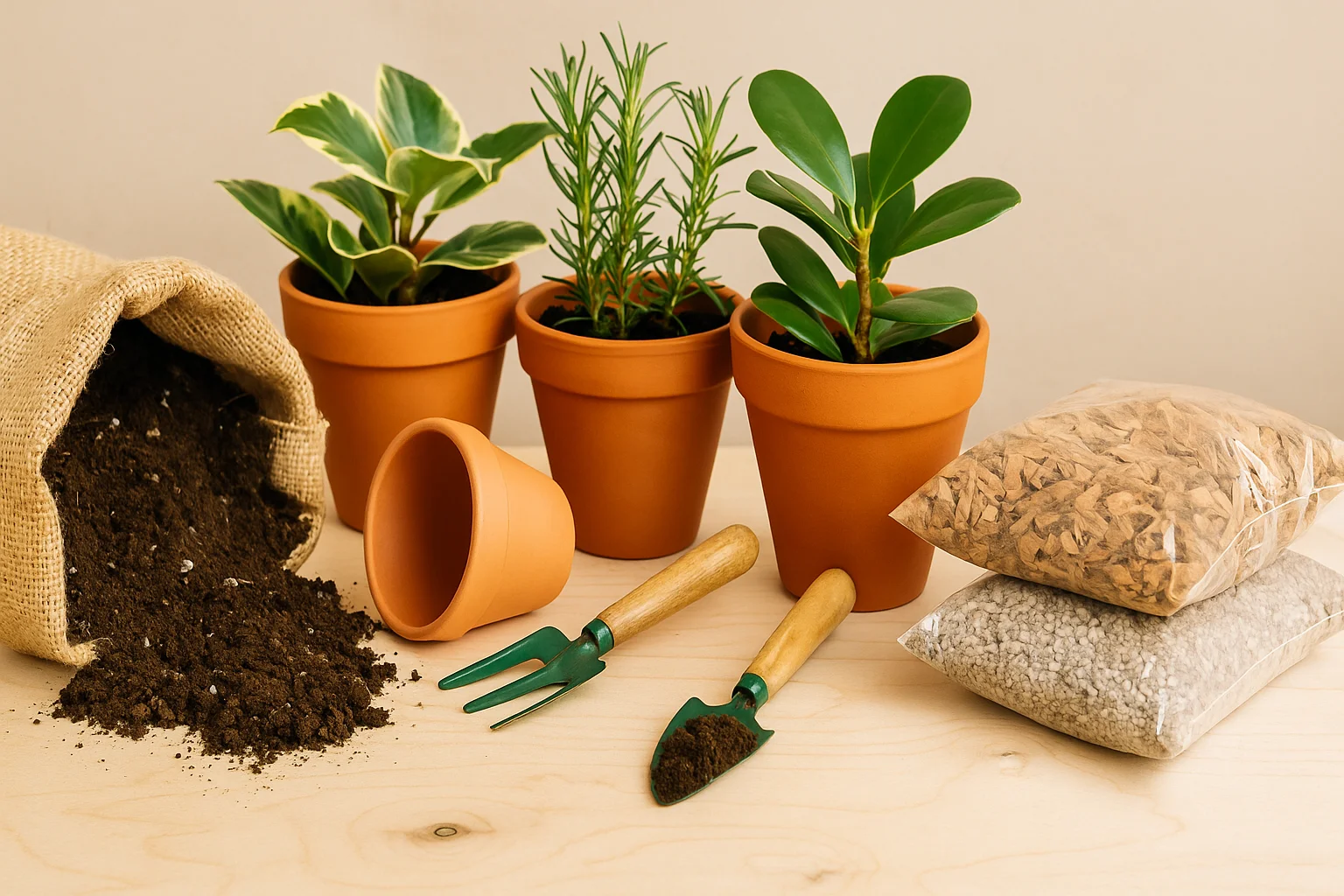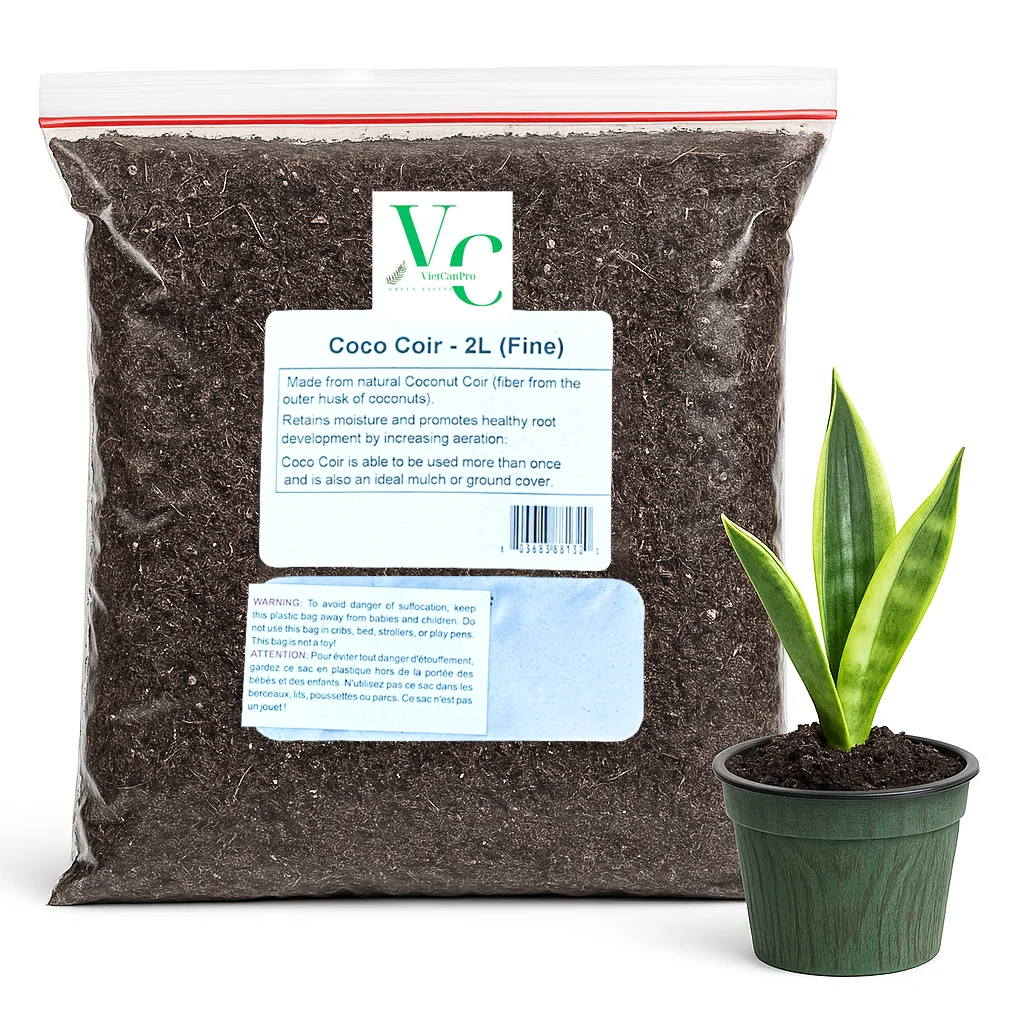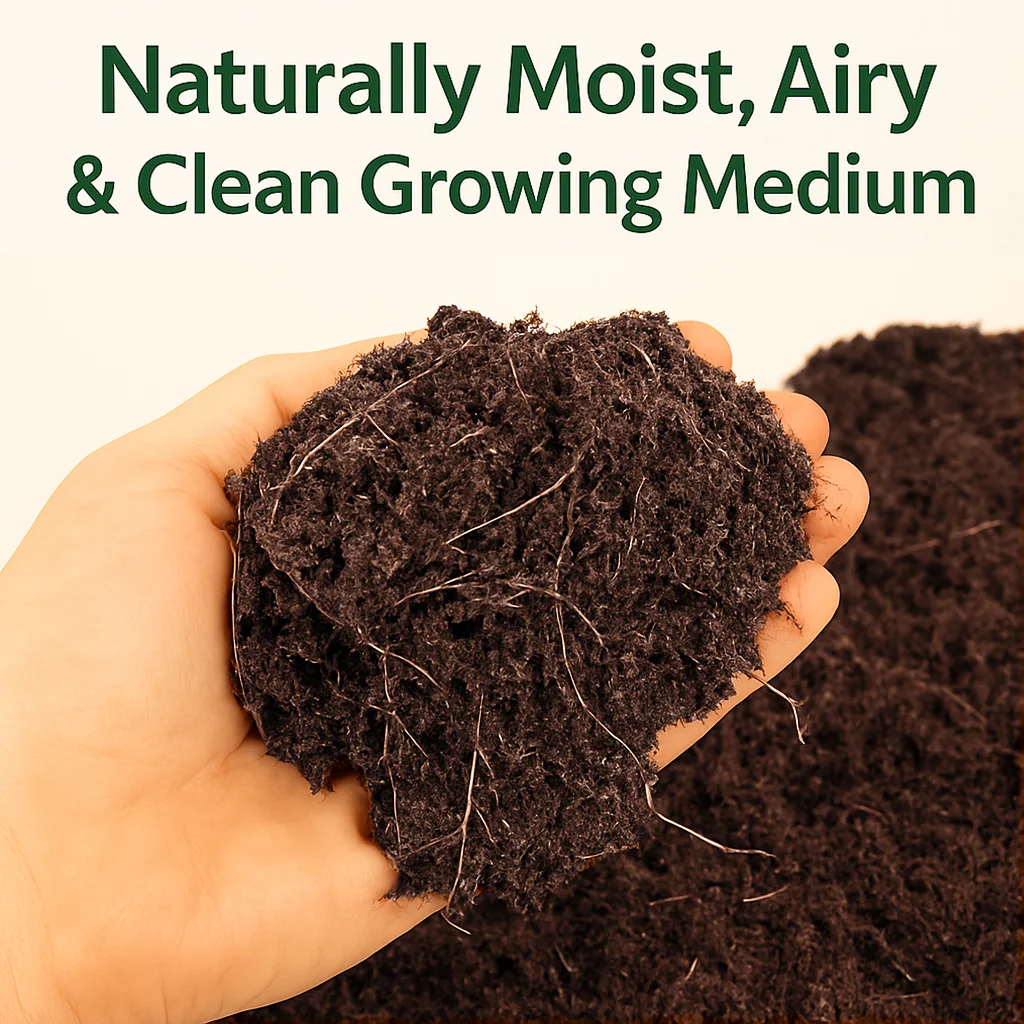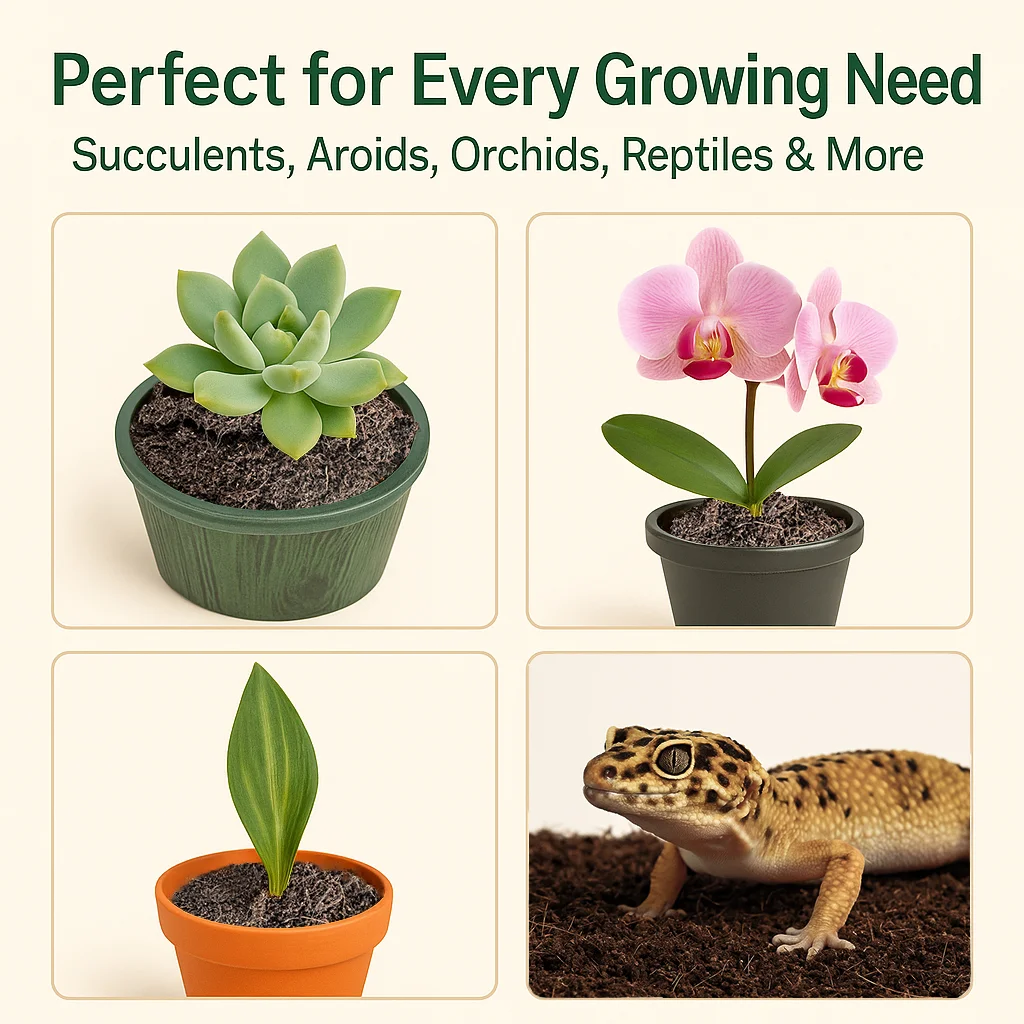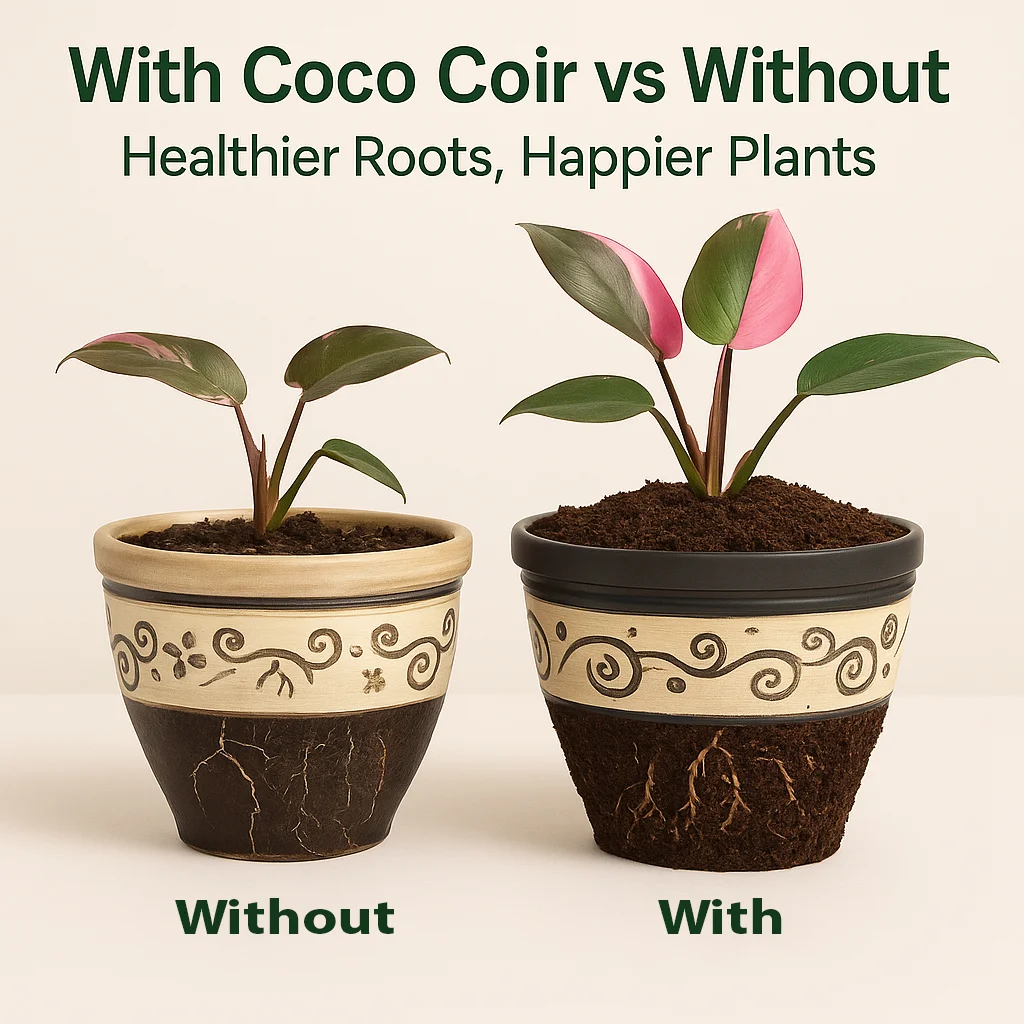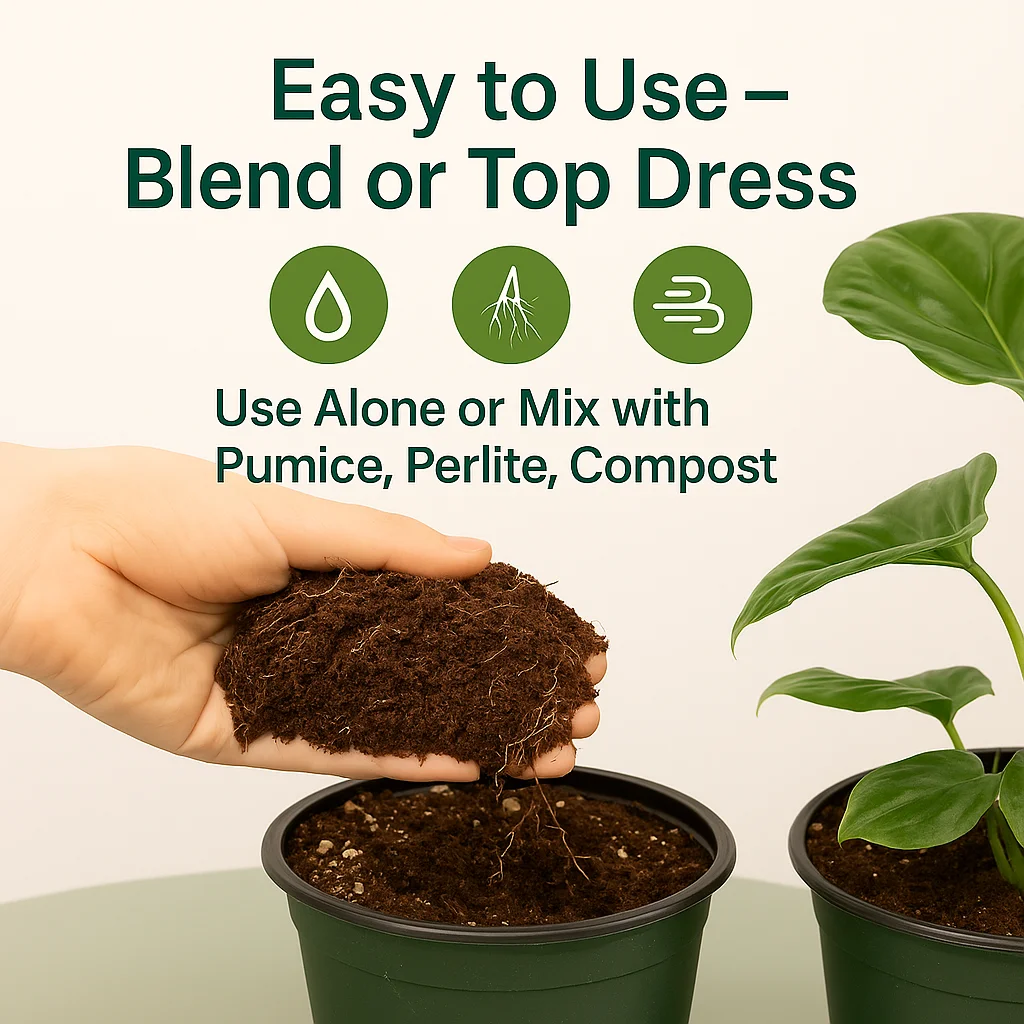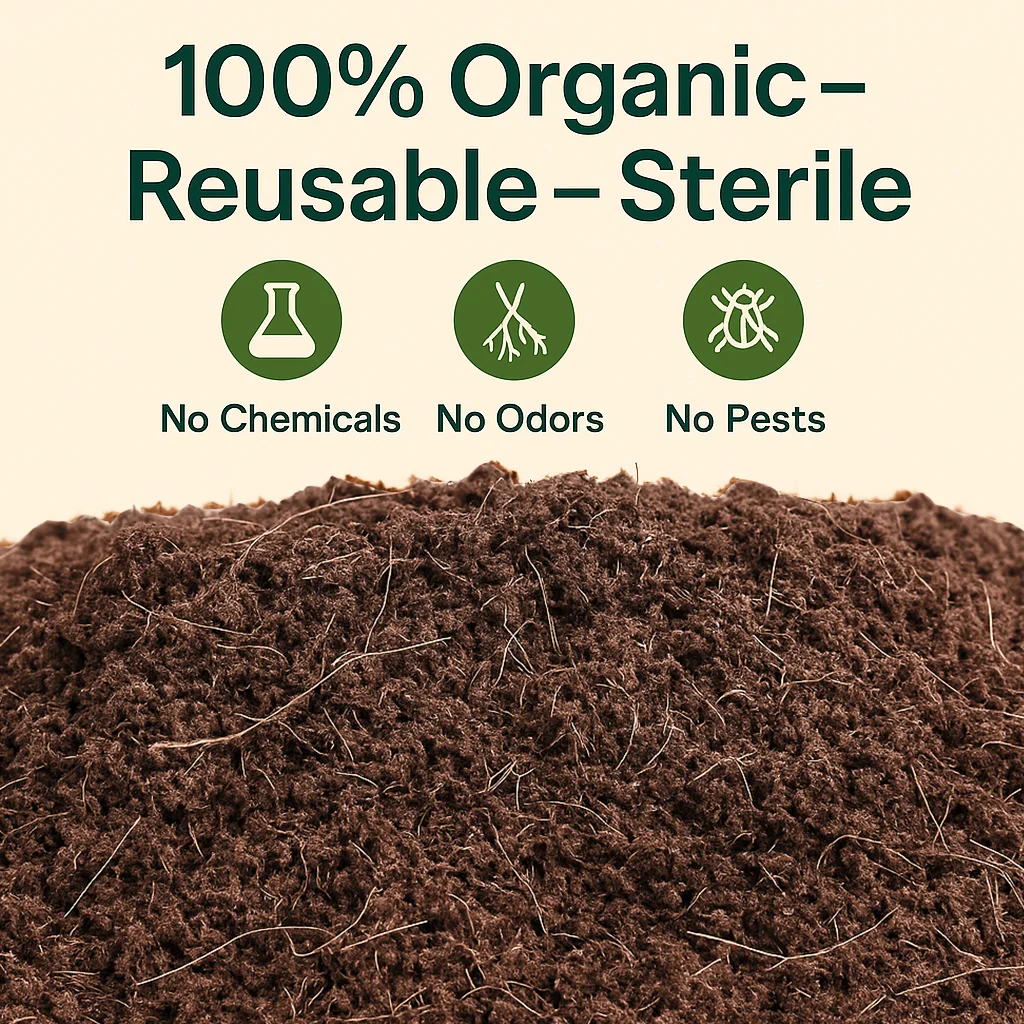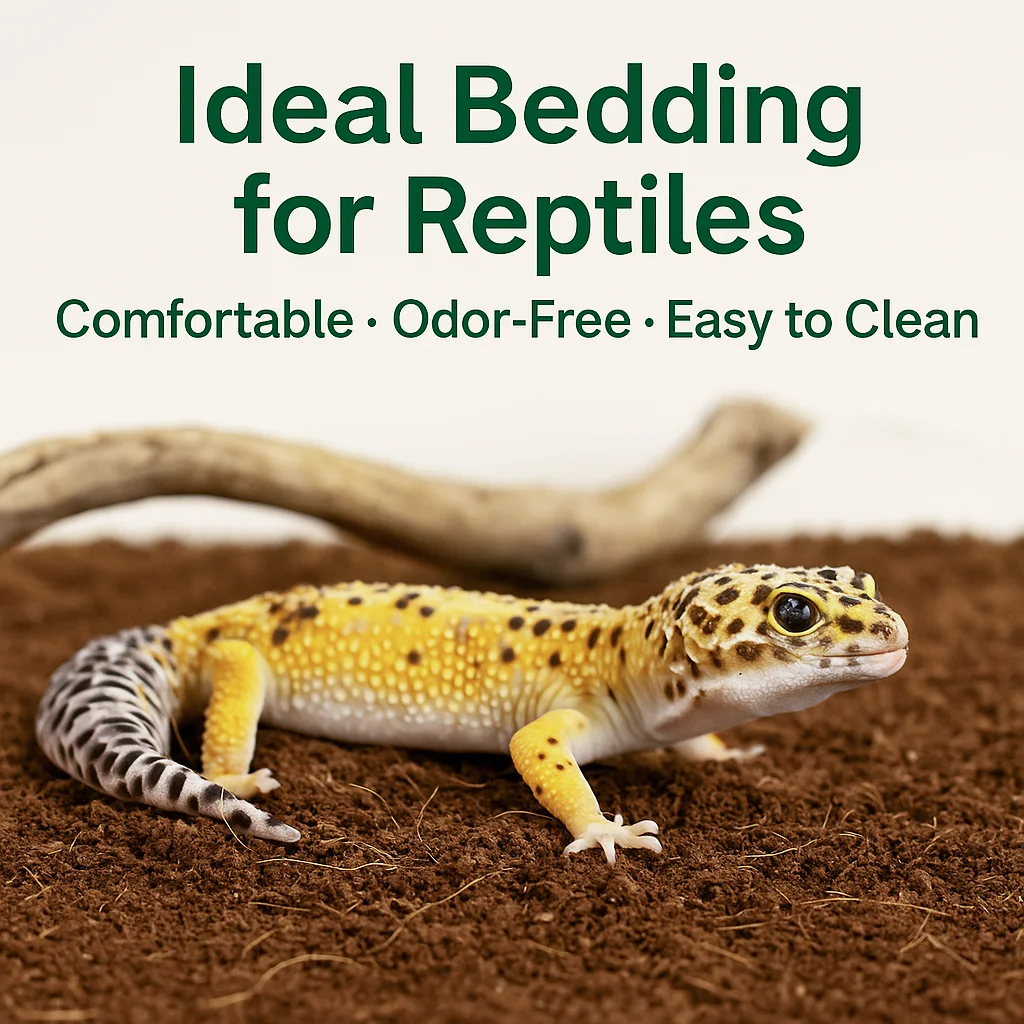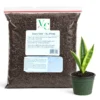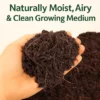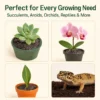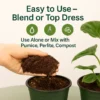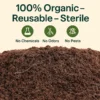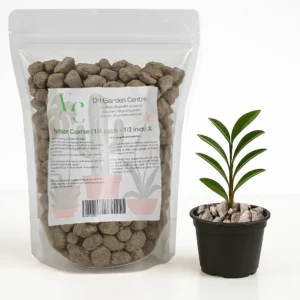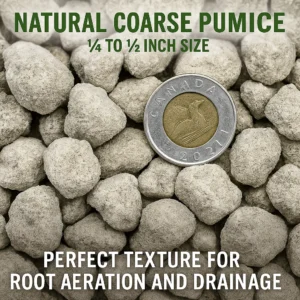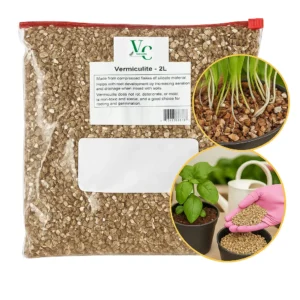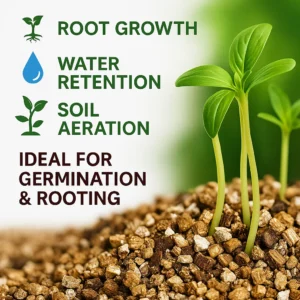Coco Coir – 2L (Fine) | Natural Coconut Fiber for Moisture Retention
SKU: CocoCoir | 4 Purchases | Availability: In stock
$16,99
Key Features
| Brand | VietCanPro |
| Style | Coco Coir – 2L (Fine) |
| Item volume | 2 Liters |
At DH Garden Centre, we prioritize your safety and convenience with a fully secure online payment system. All transactions are processed through trusted, encrypted gateways that support major credit and debit cards.
Our website uses SSL encryption to protect your personal and payment data at every step. None of your card details are stored on our servers, ensuring complete confidentiality. We partner with reputable international payment providers to handle your information securely and professionally.
Once your payment is completed, you’ll receive an immediate email confirmation of your order. Our customer support team is always available to assist you with any questions or payment concerns.
By choosing secure online payment, you help us prepare and ship your order more efficiently—ensuring a smooth, fast, and reliable experience from checkout to delivery.

At DH Garden Centre, we’re committed to ensuring your satisfaction. We accept returns and exchanges within 7 days from the delivery date, provided the item is unused, in its original packaging, and includes a valid receipt or order number. Please note that items marked as non-returnable are not eligible.
Returns or exchanges are accepted in the following cases:
-
Wrong item, quantity, or model delivered
-
Product defects or manufacturing damage
-
Customer-initiated exchanges (subject to availability and price difference)
To request a return or exchange, please email us at contact@dhgardencentre.com within 7 days of receiving your order. Include your order number, product photos, and a short explanation of your request.
Once approved, send the item to the return address we provide. After inspection, we’ll issue a refund or ship a replacement, depending on your preference.
If the return is due to our error (e.g., wrong or faulty item), we cover all return shipping costs. If it’s due to a change of mind or customer error, the return shipping fee will be your responsibility.

Block "cs-van-chuyen" not found
At DH Garden Centre, we value customers who buy in quantity—whether you're a plant shop, a reseller, or simply stocking up for your garden. That’s why we offer special bulk purchase discounts on selected products when you order larger quantities.
Our tiered pricing system means the more you buy, the more you save. Discounts are automatically applied at checkout based on the quantity in your cart. Whether you're buying 3 bags or 30, you’ll receive fair pricing tailored to your order size.
This program is ideal for customers who regularly need growing media, pots, fertilizers, or other garden care essentials. If you’re a nursery, retailer, or landscape designer, feel free to reach out for custom quotes or long-term supply options.
Bulk discounts are available year-round and updated frequently based on stock and demand. Check product pages for current thresholds and pricing tiers.
